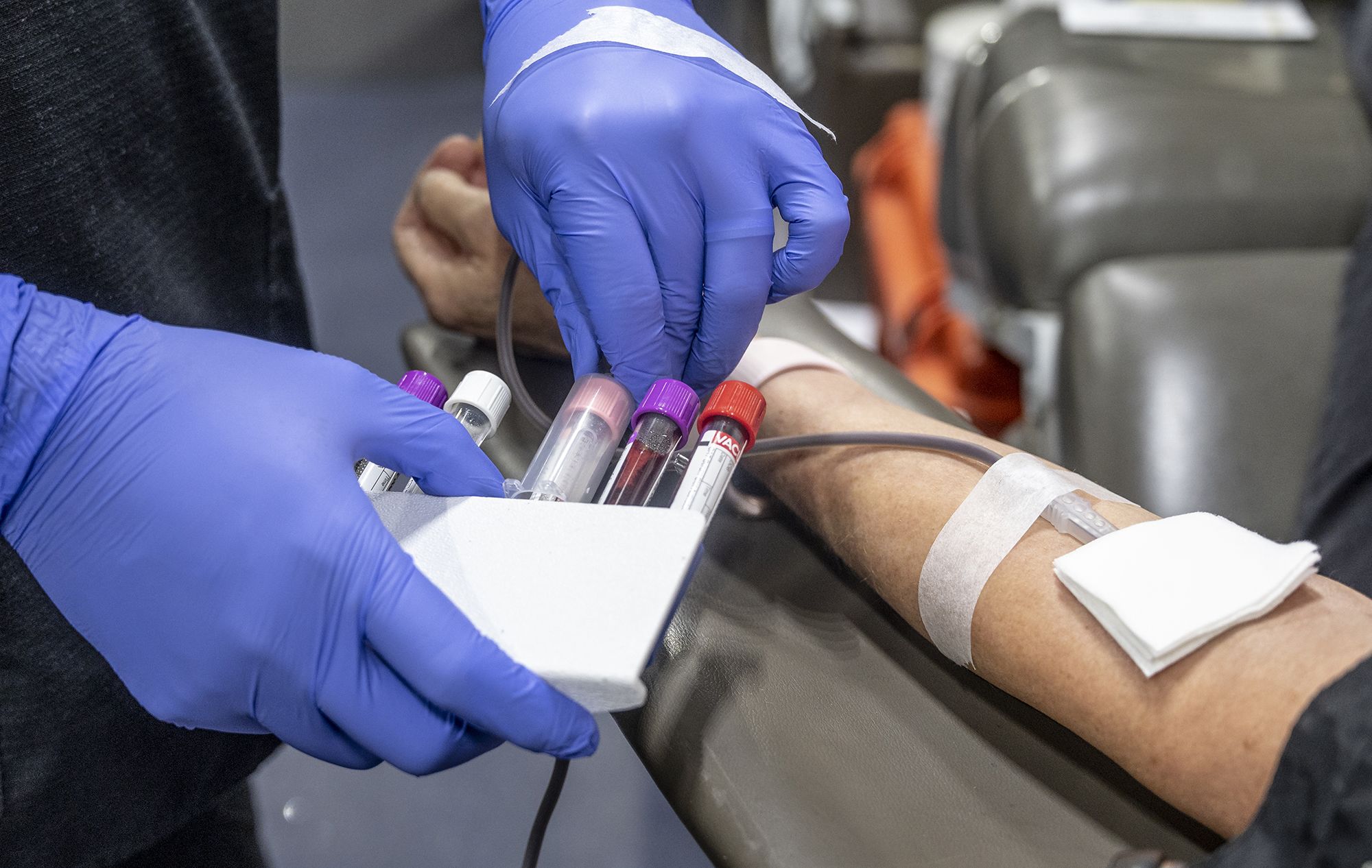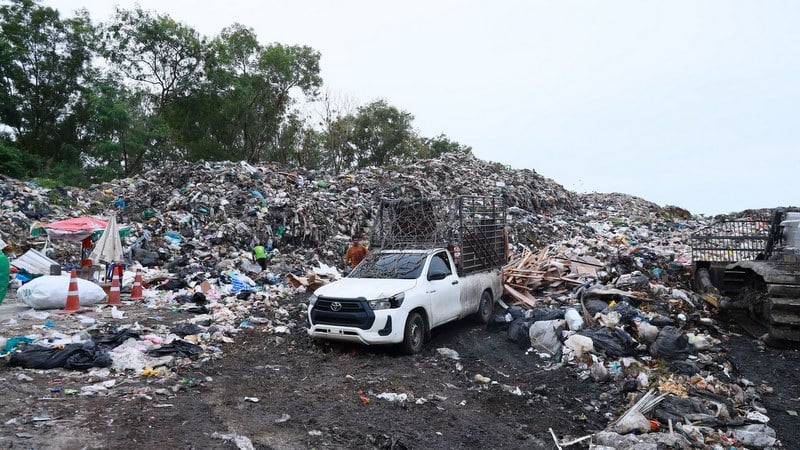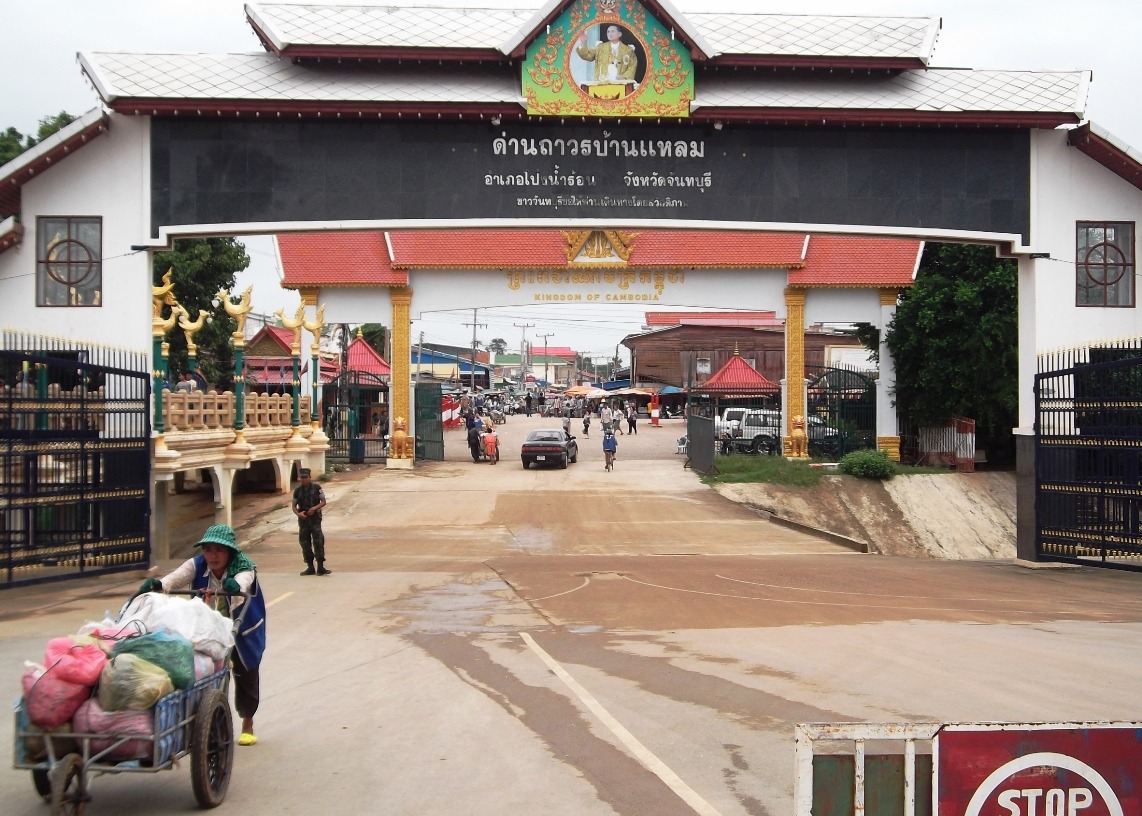Blood Donations Drop to Crisis Levels in the Northeast
National Shortage Declared by the American Red Cross
The American Red Cross has issued a warning about a national blood shortage, indicating that blood donations have decreased by 25% since early August. This alarming drop has been attributed to various factors, including the impact of natural disasters and ongoing climate crises, which have led to increased demand while simultaneously disrupting donation efforts due to canceled blood drives and collection center closures for safety reasons.
Hurricane Impacts and Seasonal Challenges
As Hurricane Lee approaches the Northeast, further shortages are expected. The Red Cross reported that Hurricane Idalia’s recent impact in the Southeast resulted in 700 uncollected units of blood and platelets. Additionally, traditional summer challenges, such as vacation travel and back-to-school activities, have contributed to a significant decline in donor turnout, with a 30,000 donation reduction recorded in August alone.
Urgent Need for Blood Donations
Currently, blood distributions to hospitals are outpacing donations, with approximately 2,500 hospitals relying on the Red Cross to collect 12,500 donations daily. The organization emphasizes that every two seconds, someone in the U.S. requires blood or platelets, highlighting an urgent need for donors. Daily usage statistics indicate an average requirement of 29,000 units of red blood, 6,500 units of plasma, and 5,000 units of platelets.
The Constant Demand for Blood Products
Dr. Pampee Young from the American Red Cross underscored that crises do not cease with natural disasters; they often exacerbate existing medical conditions. For instance, patients with sickle cell disease may experience heightened medical emergencies during such times. The Red Cross stresses that the demand for blood is a continuous issue that must be addressed urgently.
Call to Action for Eligible Donors
The Red Cross is actively urging all eligible individuals to consider donating blood, especially those with type O blood—the universal donor type—due to its critical importance during shortages. New guidelines have made more donors eligible, and the organization encourages appointments for donations to replenish supplies effectively.
A Community Effort Needed
In light of this crisis, community involvement is essential. The American Red Cross reminds everyone that blood cannot be manufactured; it relies solely on volunteer donors. As severe weather and seasonal illnesses pose additional challenges to donation efforts, it is crucial for individuals feeling well to step forward and contribute to saving lives through blood donation.









